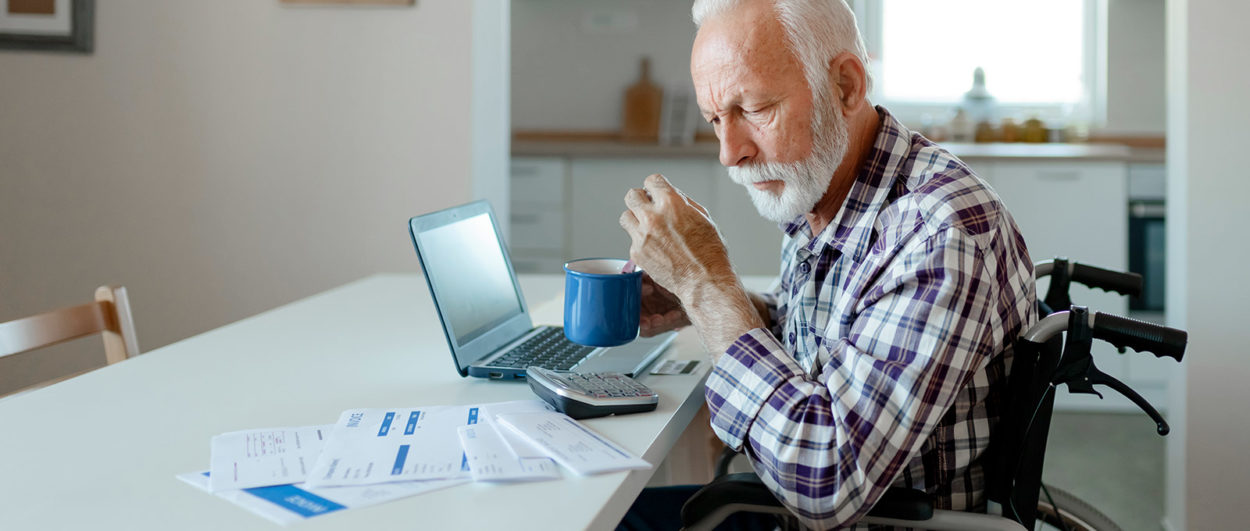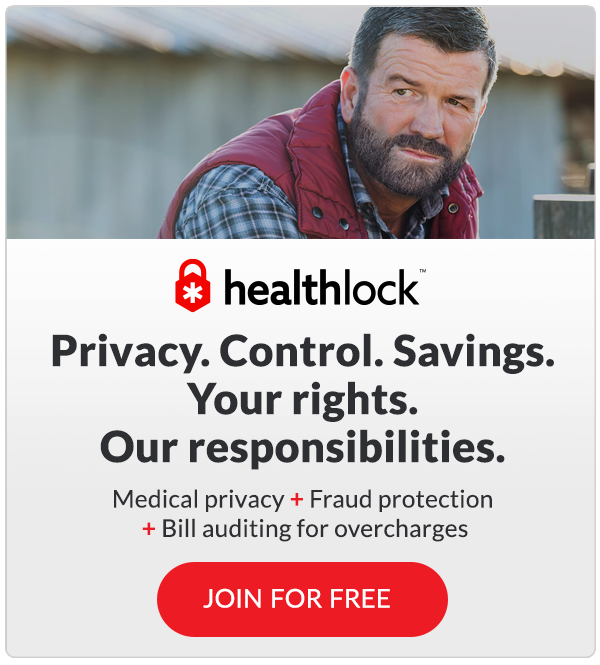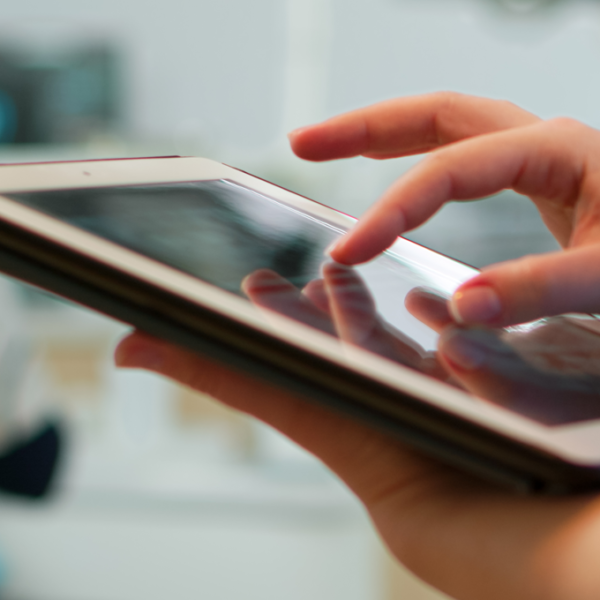The COVID-19 pandemic has undoubtedly changed the way we see and interact with our healthcare providers and insurance companies. This, along with the mass digitization of healthcare files, means it’s easier than ever for you or your healthcare provider to access your data.
Unfortunately, that has also made it easier for fraudsters to obtain sensitive medical data and use it for profit. In May of 2020, claims of fraud had risen 12.5% over the previous year. It also estimated a further 31% increase in healthcare fraud claims.
How are these fraudsters obtaining medical information, and what can you do to protect yours? Let’s discuss.
How are thieves getting my private information?
The pandemic has provided a nearly perfect backdrop for thieves to operate. Anxious people who need COVID-19 tests or potential treatments are quick to provide the necessary information to bill their insurance companies.
In a recent example, the Department of Justice filed criminal charges against a number of healthcare providers who were exploiting the pandemic.

These providers asked for identifying information, as well as blood or saliva samples, in exchange for COVID-19 tests. They then turned around and used that information to bill their insurance for unrelated procedures like pathogen panel tests.
The fraud cost insurance companies and the insured $143 million.
Why didn’t anyone notice the ongoing charges?

Medical billing is highly complex and requires thorough education to use properly. In some cases, it can take over a year to obtain a certification! It is no surprise that average consumers have trouble determining what a code means, much less whether it’s the correct one. Most of us are already extremely busy—we just don’t have time to sit down and puzzle over our insurance bills.
Add to that the rising price of healthcare—3.5 percent per year before the pandemic—and you have the perfect recipe for fraud, where victims are already expecting high bills for their healthcare treatments. When they received bills in the mail, they simply accepted and paid for them.
How can I protect myself against this kind of healthcare fraud?
We don’t think you should have to get a certification in medical coding and billing just to read your medical bills. That’s why we created HealthLock.
When we go to work for you, we review every bill and Explanation of Benefits. These audits make sure the services and treatments your provider claims to have provided match up with what you actually received. If it looks like you’ve been the victim of fraud, we can help you get your money back.
But HealthLock isn’t just about stopping fraud. We’re committed to protecting your medical privacy, alerting you when you receive a new bill or provider. In addition, we provide 24/7 monitoring to make sure your medical data remains in your hands instead of the hands of thieves.

Sources:
https://www.justice.gov/opa/pr/doj-announces-coordinated-law-enforcement-action-combat-health-care-fraud-related-covid-1
https://www.ziprecruiter.com/e/How-Long-Does-it-Take-to-Become-Certified-as-a-Medical-Billing-Specialist
https://www.verisk.com/insurance/visualize/medical-related-fraud-and-theft-increase-during–covid-19-crisis/
https://www.pgpf.org/blog/2020/04/why-are-americans-paying-more-for-healthcare
https://www.lblgroup.com/how-common-are-medical-billing-errors/




